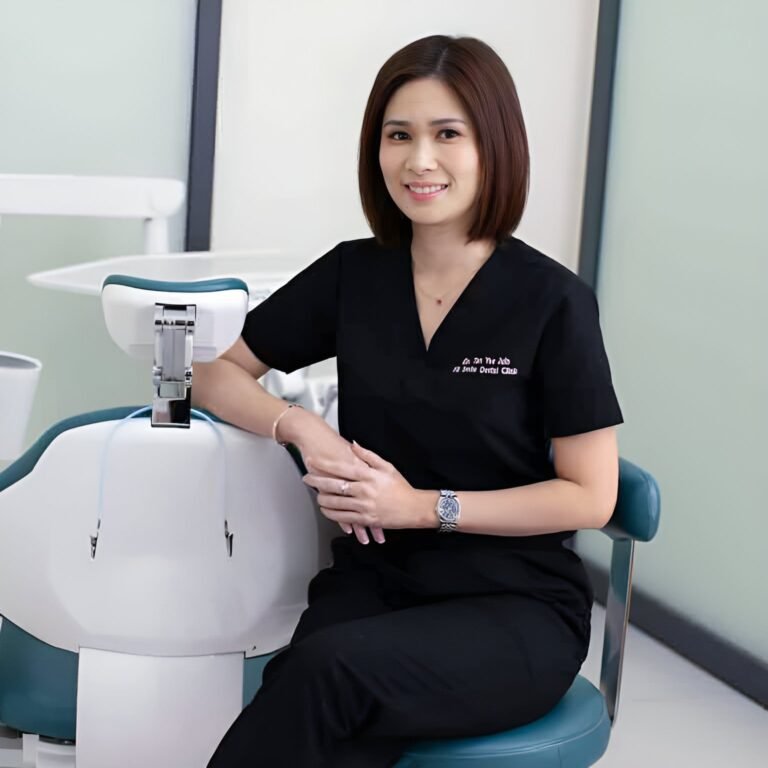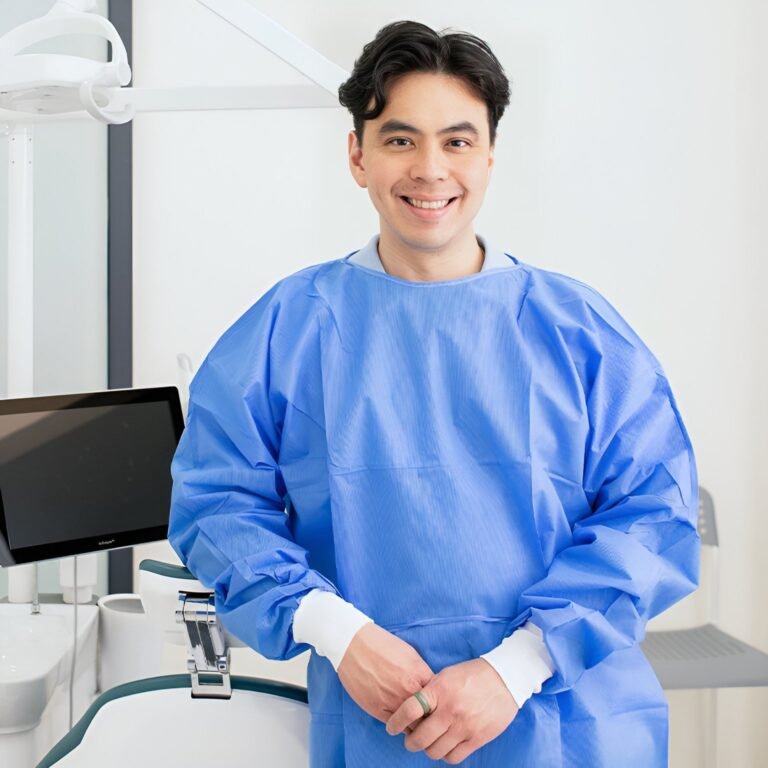Jaw Problems & Headaches

At All Smile Dental Clinic, we understand the impact that jaw problems and headaches can have on your quality of life. That’s why we offer comprehensive services to help diagnose and treat conditions related to the jaw joint and muscles, such as TMJ disorders, bruxism, and headaches.
The temporomandibular joint (TMJ) is the joint that connects your jawbone to your skull, and it can be prone to problems due to stress, injury, or misalignment. These problems can result in a variety of symptoms, including jaw pain, clicking, or popping sounds, difficulty opening or closing the mouth, and headaches.
Our experienced dentists use advanced diagnostic techniques to identify the root cause of your jaw problems and headaches. Depending on your condition, we may recommend a range of treatments, such as dental appliances, physical therapy, medication, or surgery.
We also provide preventive measures to help you manage and prevent jaw problems and headaches, such as stress-reducing techniques and proper oral hygiene practices.
Our goal at All Smile Dental Clinic is to help you find relief from jaw problems and headaches, so you can enjoy optimal oral health and a better quality of life.
FAQs
Frequently Ask Question
What are TMJ disorders?
TMJ disorders are conditions that affect the temporomandibular joint, resulting in symptoms such as jaw pain, headaches, and difficulty opening or closing the mouth.
What causes TMJ disorders?
TMJ disorders can be caused by a variety of factors, including stress, injury, misalignment, and grinding or clenching of the teeth.
How are TMJ disorders diagnosed?
TMJ disorders are diagnosed through a comprehensive dental exam, including a review of symptoms and imaging tests.
What are the treatment options for TMJ disorders?
Treatment options for TMJ disorders include dental appliances, physical therapy, medication, and surgery.
What is bruxism?
Bruxism is a condition where an individual grinds or clenches their teeth, often during sleep.
What are the symptoms of bruxism?
Symptoms of bruxism include headaches, jaw pain, worn teeth, and gum recession.
How is bruxism diagnosed?
Bruxism is diagnosed through a dental exam and a review of symptoms.
What are the treatment options for bruxism?
Treatment options for bruxism include dental appliances, such as night guards, stress-reducing techniques, and behaviour modification.
Can jaw problems and headaches be prevented?
Yes, jaw problems and headaches can be prevented through stress-reducing techniques, proper oral hygiene practices, and regular dental check-ups.
How can I manage jaw pain at home?
You can manage jaw pain at home by using heat or cold therapy, taking over-the-counter pain relievers, practicing stress-reducing techniques, and avoiding hard or chewy foods. However, it is important to see a dentist if the pain persists.




